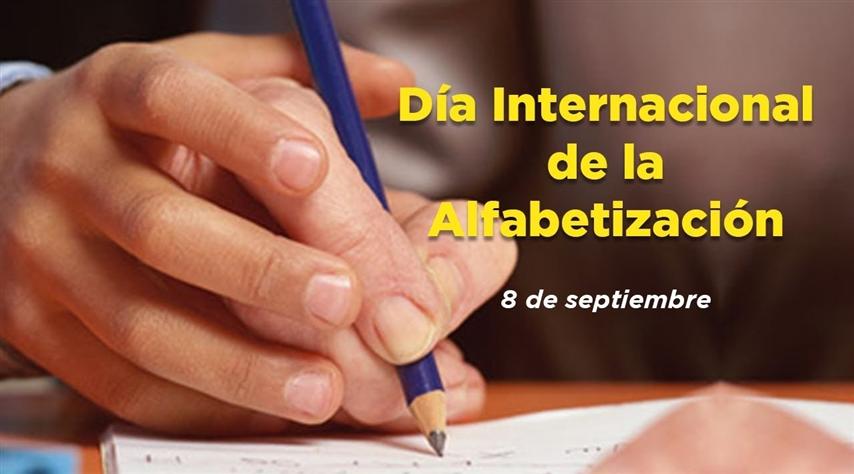Education Minister Ena Elsa Velázquez and Higher Education Minister José Ramón Saborido recently said that despite the hardships the country is going through, the essential resources are available for the school year.
Since the revolutionary triumph in 1959, the Cuban Government showed great concern for the high illiteracy rates that existed in rural and urban regions of the country.
To reverse this precarious situation, the historic leader, Fidel Castro, convened more than 100,000 students for the National Literacy Campaign that began on January 1, 1961, later 14,000 workers and more than 30,000 volunteer teachers joined the movement.
The literacy movement achieved in 1961 that 707,000 people learned to read and write, which reduced the illiteracy rate to 3.9 percent, and measures were adopted as a comprehensive reform in the education sector, the faculties for workers and farmers and the university instruction for workers were founded.
Since 1967, the United Nations Educational, Scientific and Cultural Organization (UNESCO) has celebrated International Literacy Day to recall the importance of reading and writing as a basis for human rights.
iff/jcm/mks










